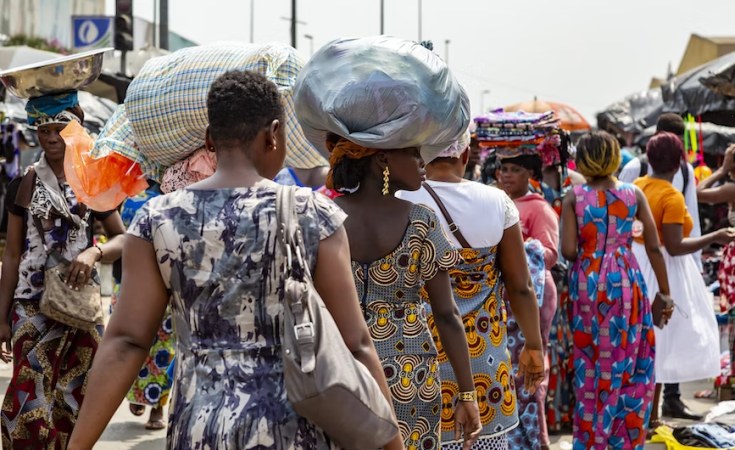Abidjan — The World Bank Group today presented a new Country Partnership Framework (CPF) 2023-2027 with Côte d'Ivoire that focuses on improving human capital, reducing disparities and building resilience, and creating private sector jobs. This engagement, which involved consultations with the private sector, the authorities, civil society, and the other development partners, aims to support a more inclusive and sustainable economic and social transformation, as articulated in Vision 2030 and the 2021-2025 National Development Plan.
"Over the past decade, significant investments and reforms have enabled Côte d'Ivoire to make major strides in improving infrastructure--particularly with respect to access to energy, driving strong growth, and combating poverty," said Coralie Gevers, World Bank Country Director for Côte d'Ivoire, Benin, Guinea, and Togo.
"This new Partnership Framework demonstrates the World Bank Group's commitment to supporting the continuation of reforms and programs that will bridge the human capital gap, strengthen natural resource management and the country's capacity to cope with the effects of climate change, and encourage the competitive development of employment-generating agricultural and manufacturing sectors. The objective of this strategy, which is in line with the 2021-2025 National Development Plan and Vision 2030, is to reduce the number of poor and vulnerable persons, build the capacity of communities to respond to risks, including security risks, and strengthen the social contract between the State and the population."
This new Country Partnership Framework is also consistent with the World Bank Group's regional strategy for Western and Central Africa, namely with regard to rebuilding trust between citizens and the State in order to create a new social contract, removing bottlenecks that prevent businesses from creating more and better jobs, strengthening human capital and empowering women so that all boys and girls can reach their full potential, and building climate resilience to help countries adapt to and mitigate climate shocks by strengthening the resilience of cities and rural areas.
The World Bank's total current portfolio amounts to $5.48 billion distributed among 33 projects and programs under implementation. With the new CPF, the World Bank's support aims to help the government provide access to electricity for 80% of households by 2026. It also seeks to increase tenfold the number of persons who have a land title or secure property ownership rights. World Bank support in the area of basic education aims to increase the proportion of third year students who pass the reading proficiency test from 18.9% in 2020 to 43% in 2025.
For its part, IFC has committed nearly $950 million (including $521 million mobilized from other financial partners) over the past five years to support private sector development in Côte d'Ivoire and the country's economic diversification strategy. In 2023, IFC plans to invest $660 million in key sectors of the Ivorian economy, including the financial, manufacturing, and agribusiness sectors.
"IFC is committed to supporting the development of the Ivorian private sector, particularly SMEs, women-owned businesses and national champions, and to promoting a better business climate to foster a more inclusive, diversified, and resilient economy. To achieve this goal, we are focusing our interventions on infrastructure, the financial sector, and the development of agroindustrial value chains in which Côte d'Ivoire has a comparative advantage, and we are helping to eliminate bottlenecks to private investment, including through the promotion of better access to finance," added Olivier Buyoya, IFC Regional Director for West Africa.
IFC and the Multilateral Investment Guarantee Agency (MIGA) will play a key role in mobilizing catalytic investments for a wide range of commitments in finance, digital and physical infrastructure, agribusiness, manufacturing, and services for the successful implementation of the CPF, by contributing to the creation of private sector-led jobs and local value added.


